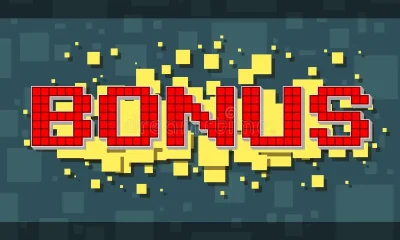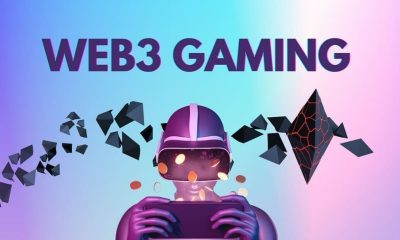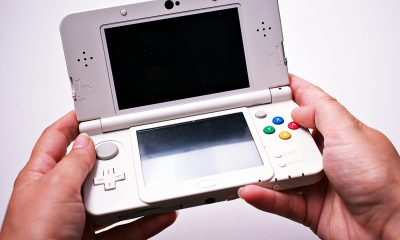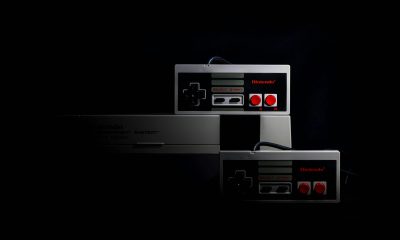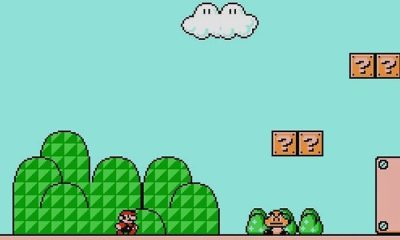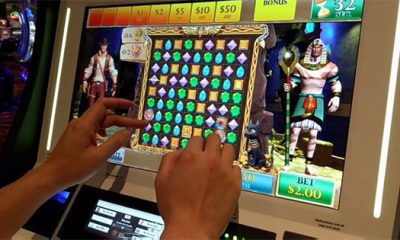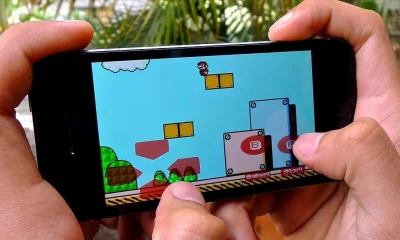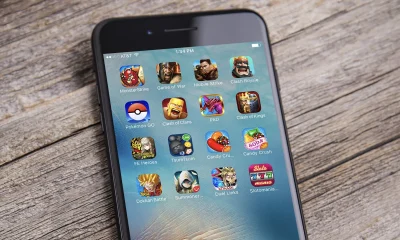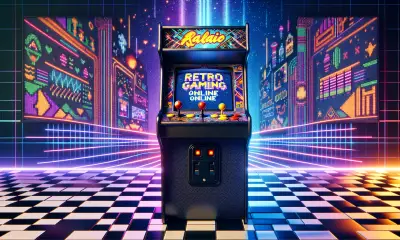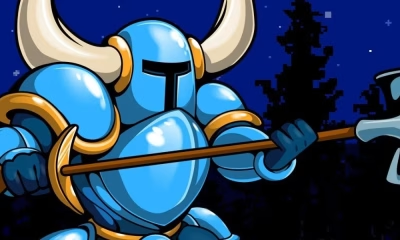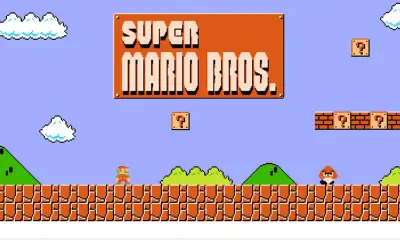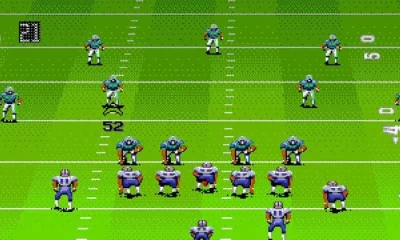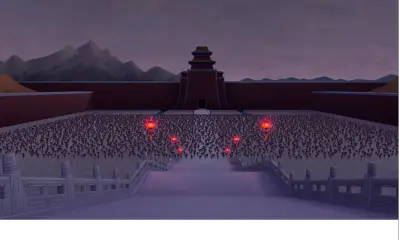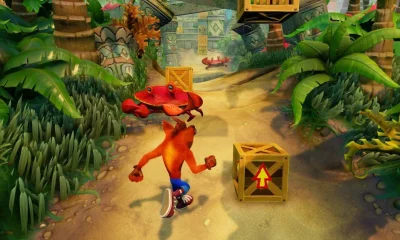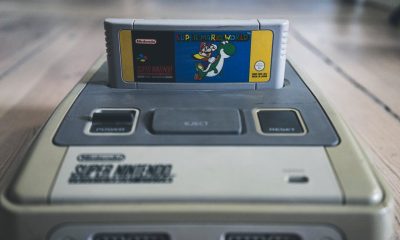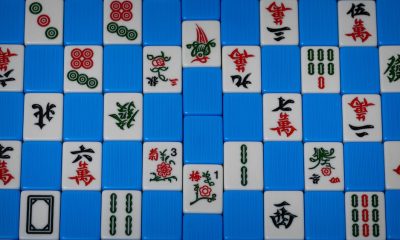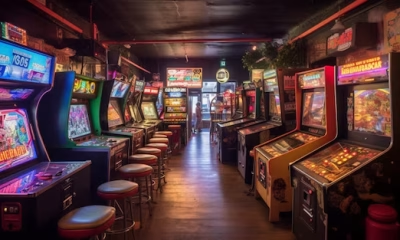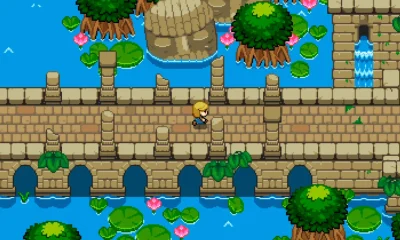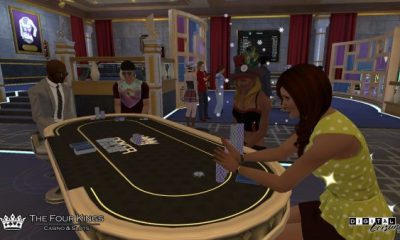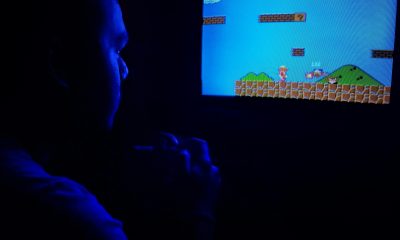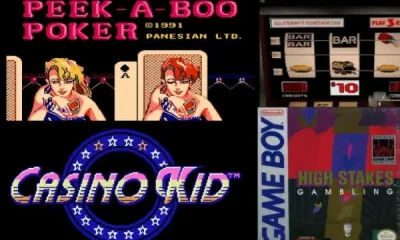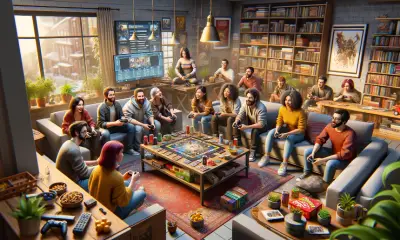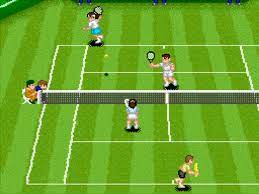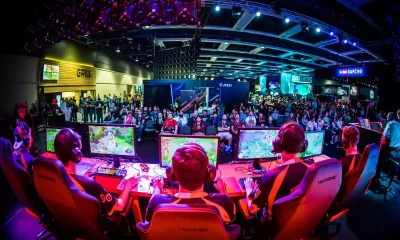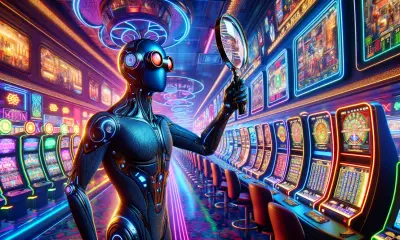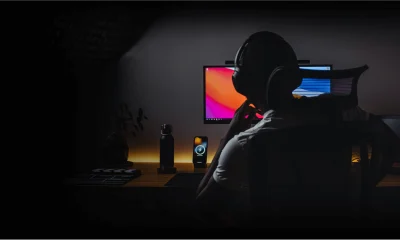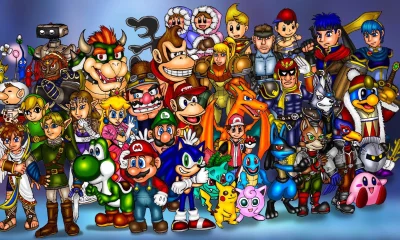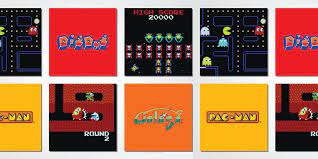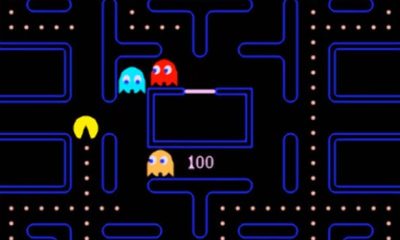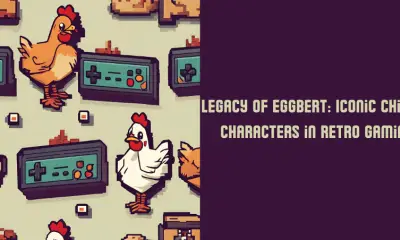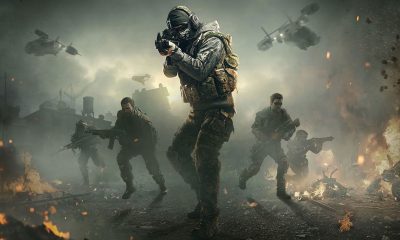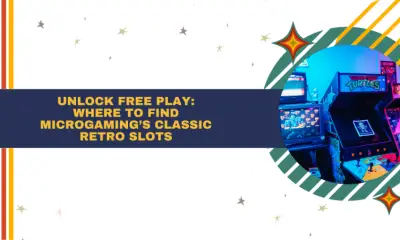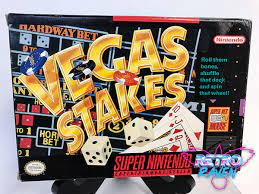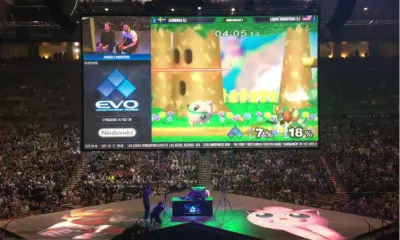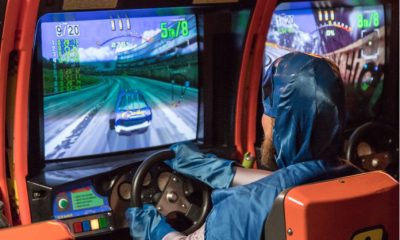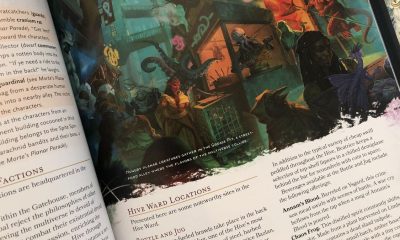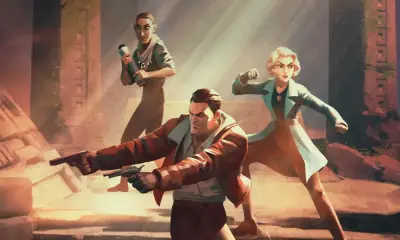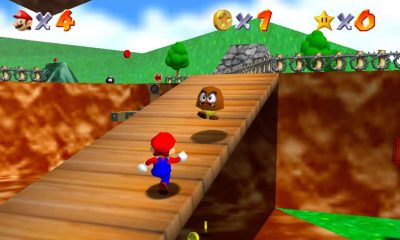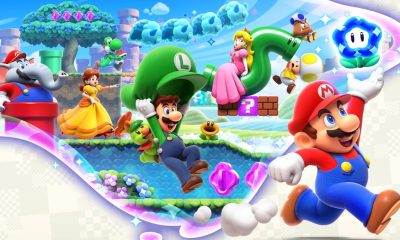Critical thinking is akin to being a detective within the realms of your mind. It involves careful observation, questioning, and the pursuit of truth. It’s like watching a magic show and instead of accepting it as pure magic, you engage your brain in analysis and understanding. You basically seek to unravel the mystery behind the tricks.
Inside your brain, there’s a collaborative team of mental detectives. They work hard to do the following:
- gather clues in the form of information
- solve intricate puzzles presented as problems
- make well-informed decisions based on concrete evidence and established facts.
But here’s an unexpected twist – video games can significantly enhance your critical thinking abilities. When you play video games, you encounter hurdles and enigmas that demand you to think critically. You find yourself doing many tasks like a detective:
- analyzing the situation
- devising strategic plans
- making informed choices.
Online Tools for Students-Gamers
In education, students often face quests akin to those in video games. Among the challenges they encounter is the task of essay writing, which can sometimes feel as complex as navigating a digital maze. Thankfully, in this online era, students have an array of tools at their disposal, much like power-ups in a game. One such resource is the availability of an online essay writing service for young people. These platforms provide vital support for students facing academic missions. They are here to craft essays that are not only plagiarism-free but also wield the power of originality and critical thinking. They are like the NPCs in a game, ready to assist and enhance the player’s abilities.
Spatial Reasoning and Navigation
Spatial reasoning is rooted in the parietal lobe, responsible for processing spatial information. Classic video games push this brain region to its limits. As students maneuver through virtual landscapes, the parietal lobe springs into action, mapping out the game’s world. It’s akin to a mental GPS system. Regular engagement in these games fine-tunes spatial reasoning skills. As a result, it leads to improved mental mapping abilities, an integral aspect of critical thinking.
Pattern Recognition and Memory
Pattern recognition and memory are closely linked to the hippocampus and adjacent brain regions. What does it mean for us? Let’s make things more clear not to confuse you. When students encounter recurring patterns in classic games, their hippocampus becomes the hub for storing and retrieving this information. With each repetition, these neural connections grow stronger. This way, they are facilitating pattern recognition and memory recall. These skills are a basis for critical thinking. They basically enable students to recognize underlying themes or structures in complex problems. That’s how young people can then draw relevant insights from their memory banks.
Adaptability and Decision-Making Under Pressure
If you know something about psychology, then you must know that adaptability and rapid decision-making are orchestrated by two main structures. These are anterior cingulate cortex and the prefrontal cortex. To make it even more clear, these brain regions are front and center during high-pressure gaming moments. As students navigate perilous in-game situations, their brains engage in lightning-fast decision-making processes. Neurons fire as they:
- evaluate threats
- assess options
- execute precise actions under duress.
This cognitive exercise sharpens the brain’s ability to make critical decisions efficiently, a cornerstone of critical thinking.
Enhanced Visual Processing
The occipital lobe is responsible for visual processing. You must know that it receives a significant workout during video gameplay. Players must:
- rapidly interpret visual cues
- identify objects
- distinguish between foreground and background elements.
This heightened visual processing extends beyond gaming scenarios. Going much further, it enhances students’ ability to dissect and comprehend complex visual information. Those can be:
- graphs
- diagrams in academic settings.
In its turn, it inevitably aids in critical analysis and decision-making.
Teamwork and Social Intelligence
Classic video games frequently involve cooperative play or competition against others. Through this process, they foster teamwork and social intelligence. The brain’s mirror neuron system plays a role in interpreting social cues and collaborating effectively in-game. These social skills are essential for:
- group critical thinking tasks
- collaborative problem-solving efforts.
They enable students to work harmoniously and leverage collective intelligence.
Final Thoughts
In college, using a PC for study is common. When you dive into retro games, you’re not just having fun; you’re engaging in a study of cognitive psychology. These games challenge your brain, making you plan, strategize, and problem-solve. As you progress through levels, your mind is constantly at work, adapting to new challenges.
The study of psychology reveals that classic video games promote cognitive growth. They improve memory, decision-making, and spatial awareness. These skills are valuable in college and beyond, making gaming a smart way to study and learn.
So, the next time you fire up your PC to play retro video games, remember – you’re not just gaming. You’re investing in your cognitive psychology and sharpening your critical thinking skills. It’s a fun way to study and enhance your learning experience in college.
Author’s BIO
Cory Shilling is a video game creator and artist. This industry is his passion, so he spends most of his time creating characters and storylines. Cory also believes that video games can be very nurturing for the mind, so he spreads this knowledge on the web.

- The ‘Retro’ Component in Gaming Marketing & How iGaming Industry is Using it Wisely
- Retro Mechanics That Power Modern Bonus Games
- How retro gaming shapes modern online platforms
- What Makes Real Money Online Casinos Appealing to Players?
- From Arcade Cabinets to Browser Tabs: How Retro Gaming Went Digital
- From Arcades to Apps: Decades of Gaming Culture
- On-Chain Game Design: What Web3 Actually Adds to Core Gameplay
- The Revival of Retro Games – The Best Setup for the Real Feel
- How Developers Make Money from Free-To-Play Games
- How Retro Level Design Explains Modern Jackpot Lobby Themes and Player Navigation
- What Features Players Look for the Most in Retro Online Casino Games
- The Journey of Arcade Games into Blockchain Slots
- When Classic Design Meets Modern Tech: How Old-School Games Inspire Today’s Live Platforms
- Retro Slot Games: Still a Good Bet?
- The State of Casino Gaming on the Nintendo Switch in 2025
- 5G and Retro Multiplayer: Revamping Classic NES Games for Online Mobile Battles
- Low-Power Tech for Mobile Gaming
- From Retro Casino Games to the Online Experience
- Retro casino games: a complete guide
- How Different Industries Are Using Techniques From Gaming to Attract and Retain Customers
- The Enduring Appeal of Retro-Style Games
- Level Up Your Gaming: How to Maximize Bonuses for Retro and Online Casino Fans (2025 Guide)
- Megaways vs. Retro Slots: Which Are Better?
- Treasure In Your Attic? The Most Sought-After Retro Games
- Reliving the Golden Era of Gaming with PlayRetroGames.com
- Remembering some of the worst retro games ever made
- Top Picks: The Best Retro Games to Play Online
- Rediscover the Magic: Retro Games Unleashed!
- From 8-Bit to High Stakes: The Retro Gaming Roots of CS:GO Case Battles
- The Best Retro Themed NFL Video Games
- 12 of the Most Influential Chinese-Themed Retro Games
- The Role of Sound and Graphics in Online Casino Games
- The Enduring Appeal of Classic Table Games in Online Gaming
- Why Super Puzzle Fighter Was a Precursor to the Age of Casual iGaming
- Top Online Casino Providers: A New Era in Gambling
- The Evolution of Fast Payouts in Gaming: From Retro Classics to Modern Platforms
- A nostalgic revolution among retro gamers: Migrating to the thrills of online casinos
- The Increasing Role of Apps in Online Gaming
- How Retro Games Are Evolving to Match A More Mobile Gaming Industry
- Retro Game Elements in Today’s Online Casino World
- Hidden Levels and Easter Eggs in Retro Games
- The History Of Gambling In Asia
- Retro Video Game Mechanics in Casino Games
- Most Popular AK-47 Skins in CS2 and Their Prices
- The Psychology Behind Online Gambling: Why We Keep Coming Back
- Casual vs. Risky Plays: Balancing Fun with Crash Games and Retro Slots
- From 80s Arcades to Online Casinos: How Retro Video Games Inspired Modern Casino Games
- Why Poker Has Stood the Test of Time
- Tower.bet Loyalty Program: How to Earn Extra Bonuses
- What is the appeal of playing retro games?
